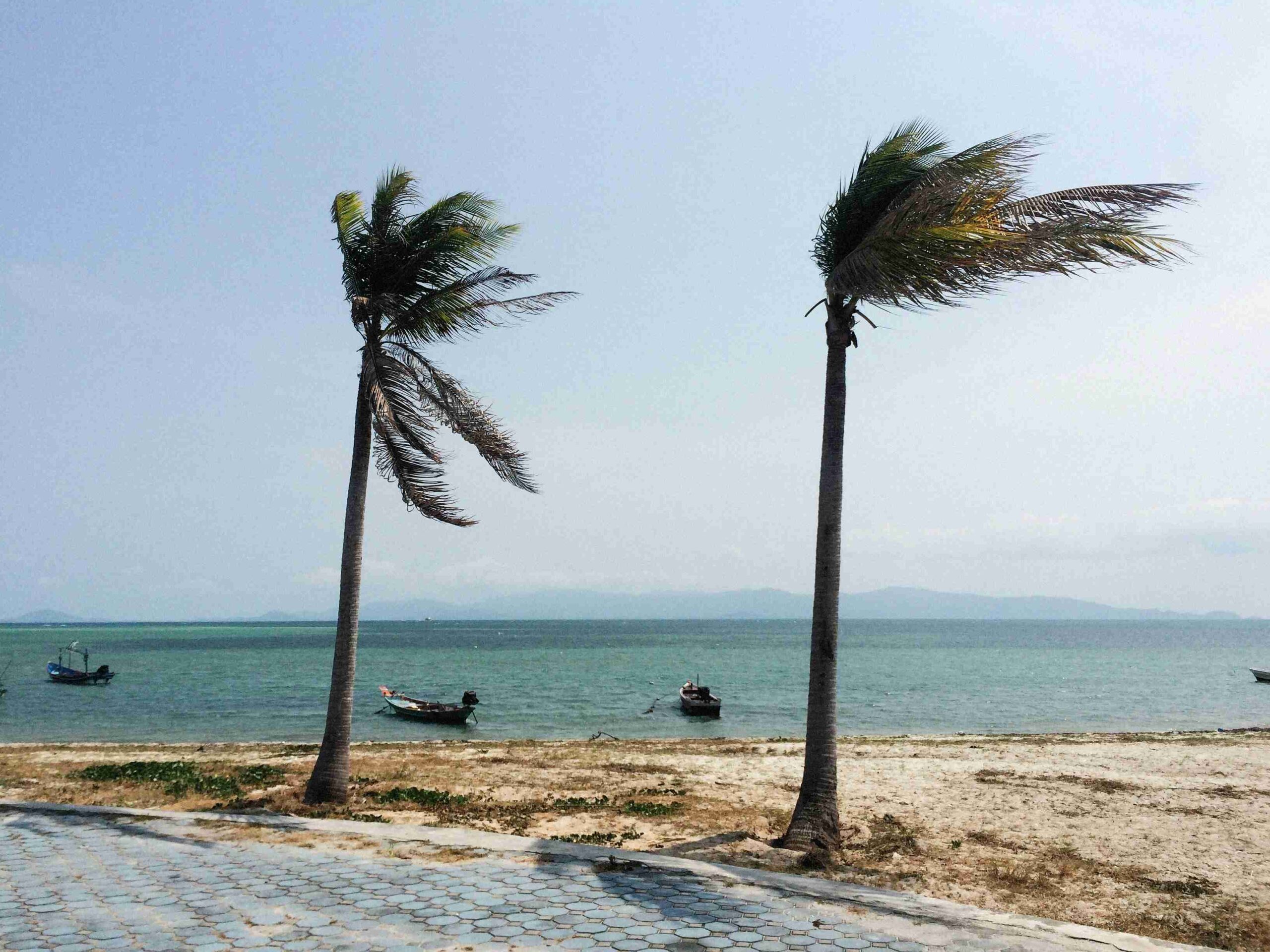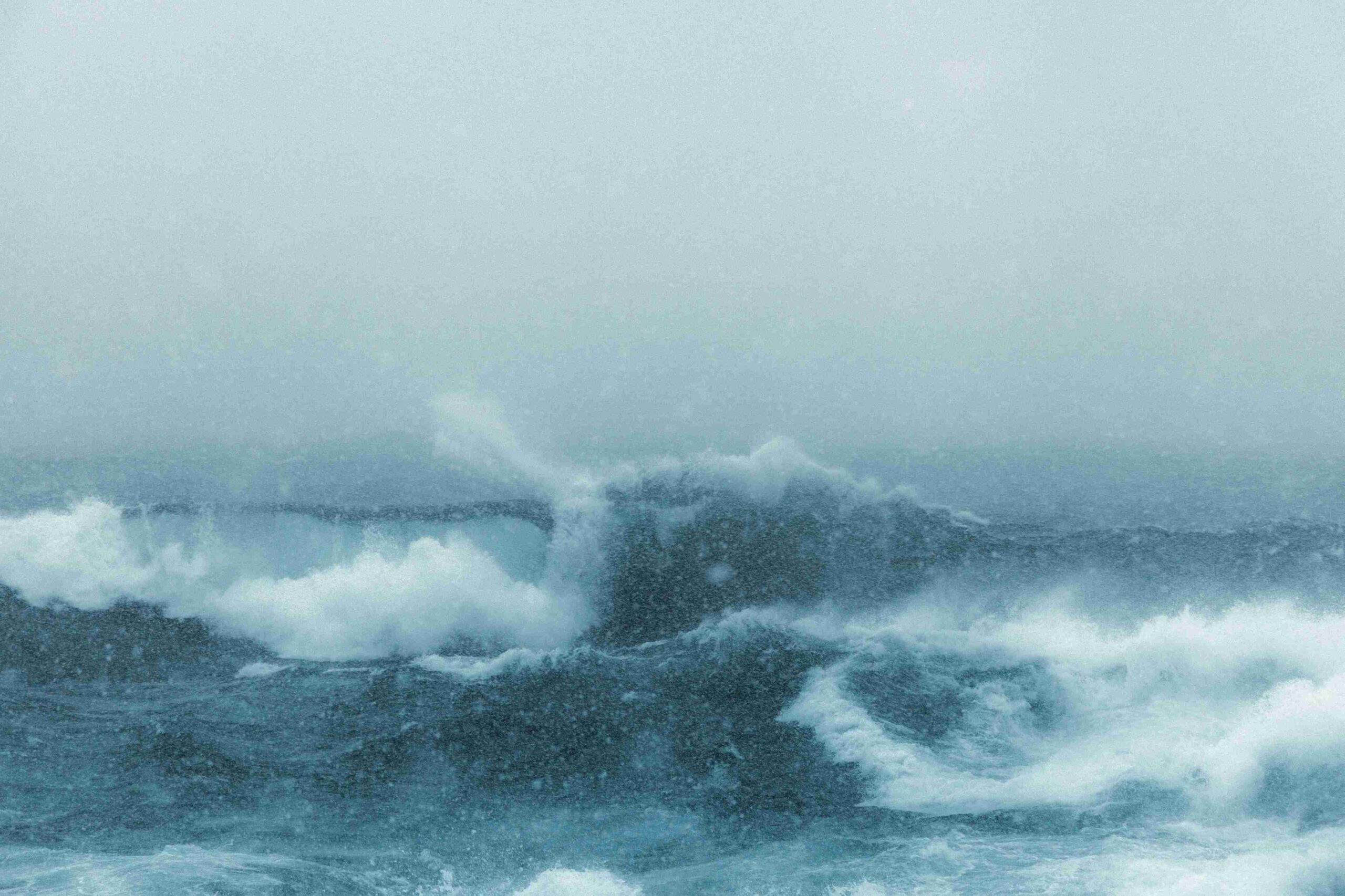The excitement of a vacation can quickly turn to anxiety if a hurricane threatens your plans. While thorough trip planning often includes checking weather forecasts, unpredictable tropical storms can rapidly escalate, leaving travelers uncertain about their next steps. Knowing what to do if a hurricane strikes during your vacation is crucial for ensuring your safety, minimizing stress, and protecting your travel investment. This guide provides essential steps and advice for navigating a hurricane emergency while you’re away from home, helping you to stay safe and make informed decisions during a vacation hurricane warning.
Before the Storm: Preparation is Your Best Defense
Even if you’re already at your destination when a hurricane threat emerges, proactive steps can make a significant difference.
Monitor Official Updates Constantly
Stay vigilant by monitoring official weather advisories from reliable sources like the National Hurricane Center (NHC) or local meteorological services. Pay close attention to local government announcements regarding evacuations or shelters. Your hotel or accommodation provider should also have a hurricane preparedness plan they can share. Look for specific warnings like a “hurricane watch” (conditions possible within 48 hours) versus a “hurricane warning” (conditions expected within 36 hours).

Communicate with Your Travel Providers
Immediately contact your airline, cruise line, hotel, or tour operator. Inquire about their hurricane policies, cancellation procedures, and any rebooking options. Many providers offer waivers or flexible changes during official storm warnings. Document all communications, including names, dates, and times.
Review Travel Insurance & Documents
If you have travel insurance, review your policy’s terms regarding natural disasters. Understand what is covered (e.g., trip cancellation, interruption, medical emergencies, evacuation). Gather all important documents (passport, ID, insurance policies, booking confirmations) and keep them in a waterproof, easily accessible bag. Looking for travel insurance? World Nomads and Allianz are trustworthy providers our team has used.
Secure Necessities & Plan for Communication
Withdraw some cash as power outages can disable ATMs and credit card machines. Keep your phone charged, and consider a portable power bank. Inform family and friends of your situation and potential communication disruptions. Pack a small “go-bag” with essentials (medication, first-aid, important documents, snacks, water, and a change of clothes) in case of an evacuation.
During the Storm: Prioritizing Safety
Once a hurricane warning is in effect, and especially if the storm makes landfall, your primary focus must be safety.
Heed Evacuation Orders
If local authorities issue an evacuation order, do not hesitate—comply immediately. Do not delay. Follow designated evacuation routes, which may be different from typical roads. If you are unable to evacuate, seek a designated public shelter or a sturdy interior room in your accommodation. Your hotel should guide you to the safest areas.

Stay Indoors and Away from Windows
If sheltering is in place, stay in an interior room on the lowest floor, away from windows and glass doors. Keep curtains and blinds closed. Do not venture outside until authorities declare it safe, even if there’s a lull (which could be the eye of the storm).
Conserve Resources
During a power outage, conserve phone battery life and limit water usage. Have non-perishable food and bottled water readily available.
After the Storm: Assessing and Moving Forward
Once the immediate threat has passed, safety remains paramount.
Assess Your Surroundings
Do not leave your shelter until official announcements confirm it is safe to do so. Be aware of downed power lines, damaged structures, standing water, and debris. Only drive if necessary and avoid flooded roads.
Contact Family and Emergency Services
Let your family and friends know you are safe. If you need emergency assistance, use your phone (if service is available) or seek help from emergency responders.
Connect with Your Travel Providers
Once safe, re-establish contact with your airline, hotel, or cruise line to assess rebooking options or next steps. Be patient, as communication lines and operations may be severely impacted. Document any new expenses incurred due to the interruption for insurance claims.
Document Damage for Insurance
If your accommodation or belongings suffered damage, take photos and videos for insurance purposes. Keep receipts for any unexpected expenses.
Navigating a hurricane during your vacation can be a challenging experience, but proactive preparation and adherence to official guidance are your best tools. By staying informed, communicating effectively, and prioritizing safety, you can mitigate risks and navigate unexpected disruptions during your travels.

